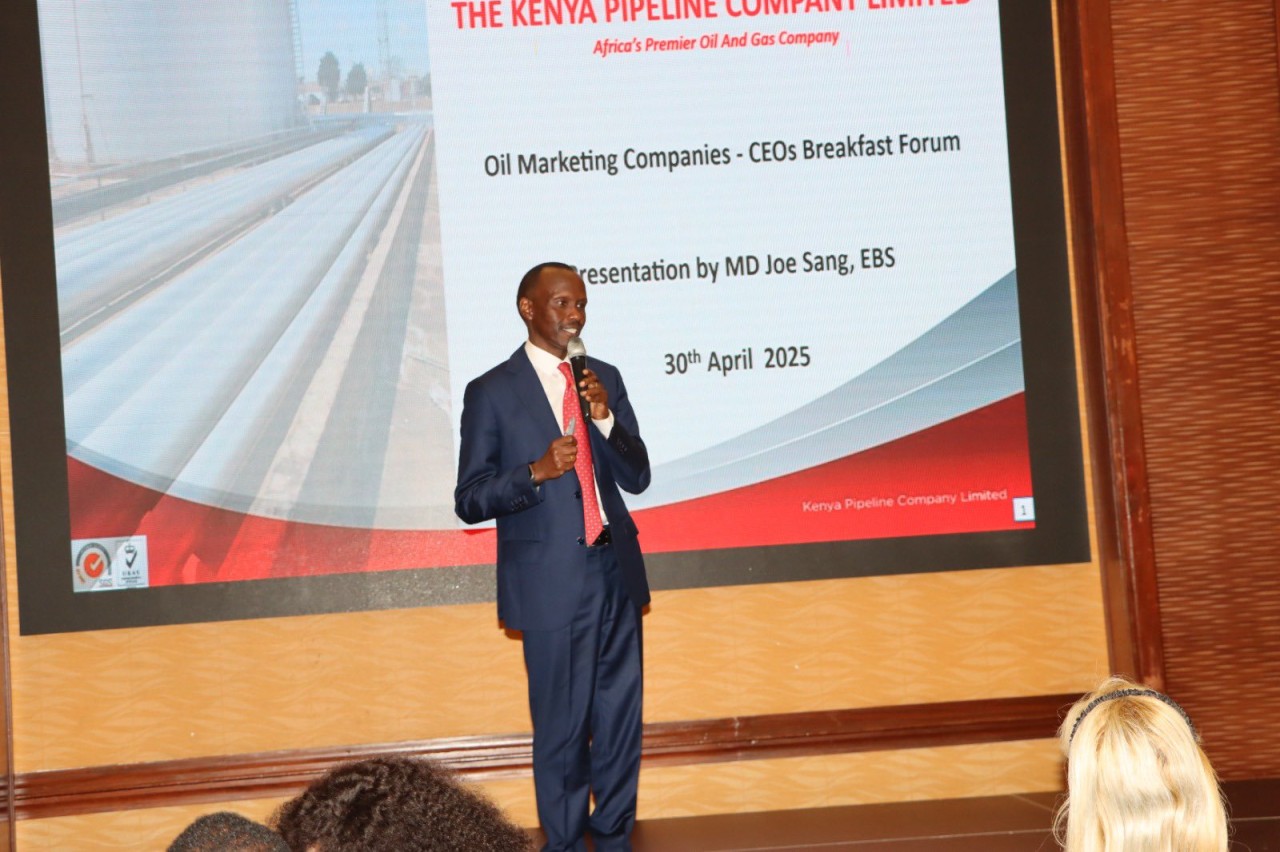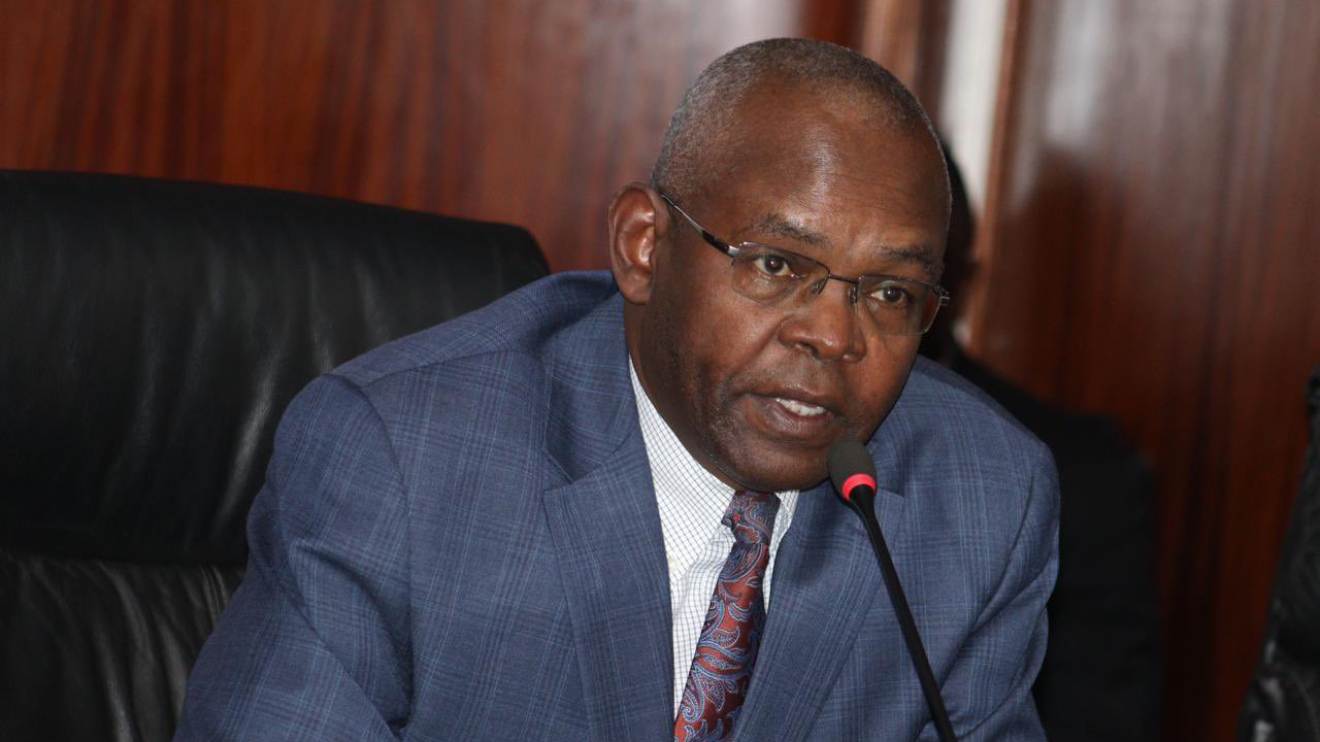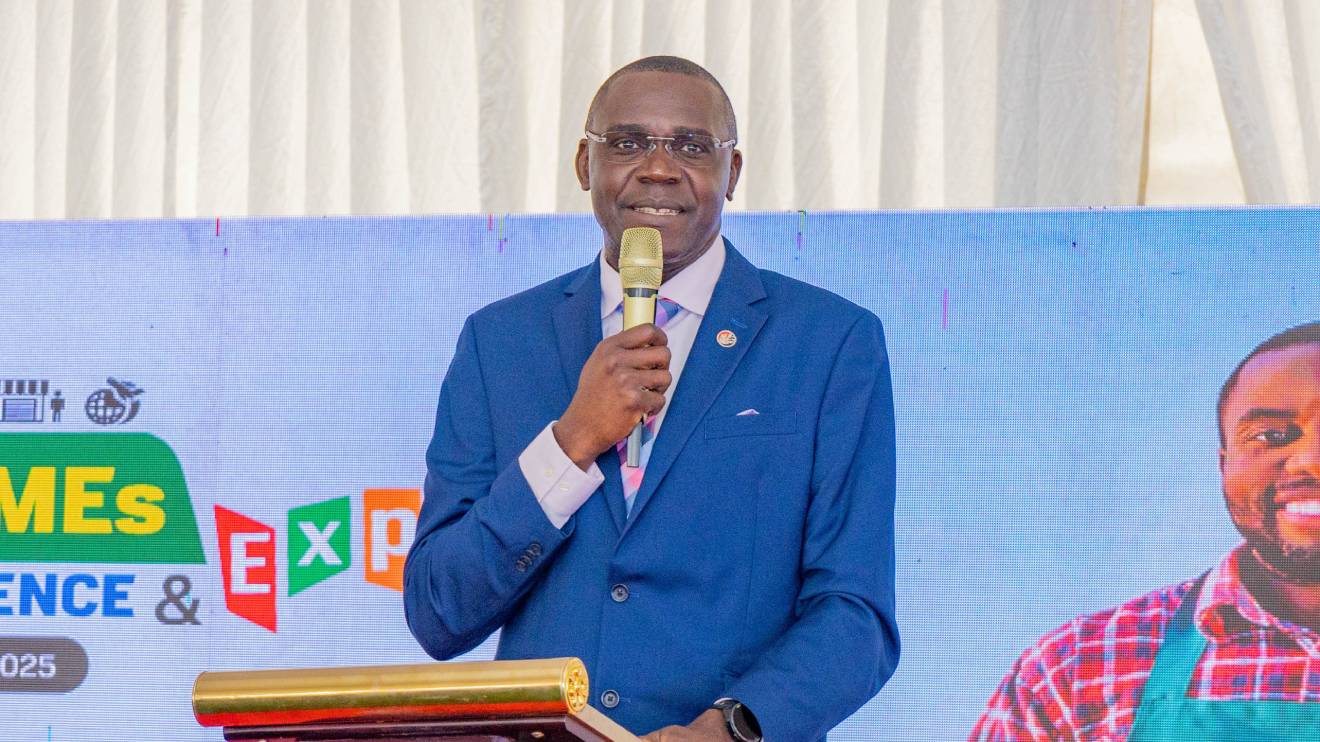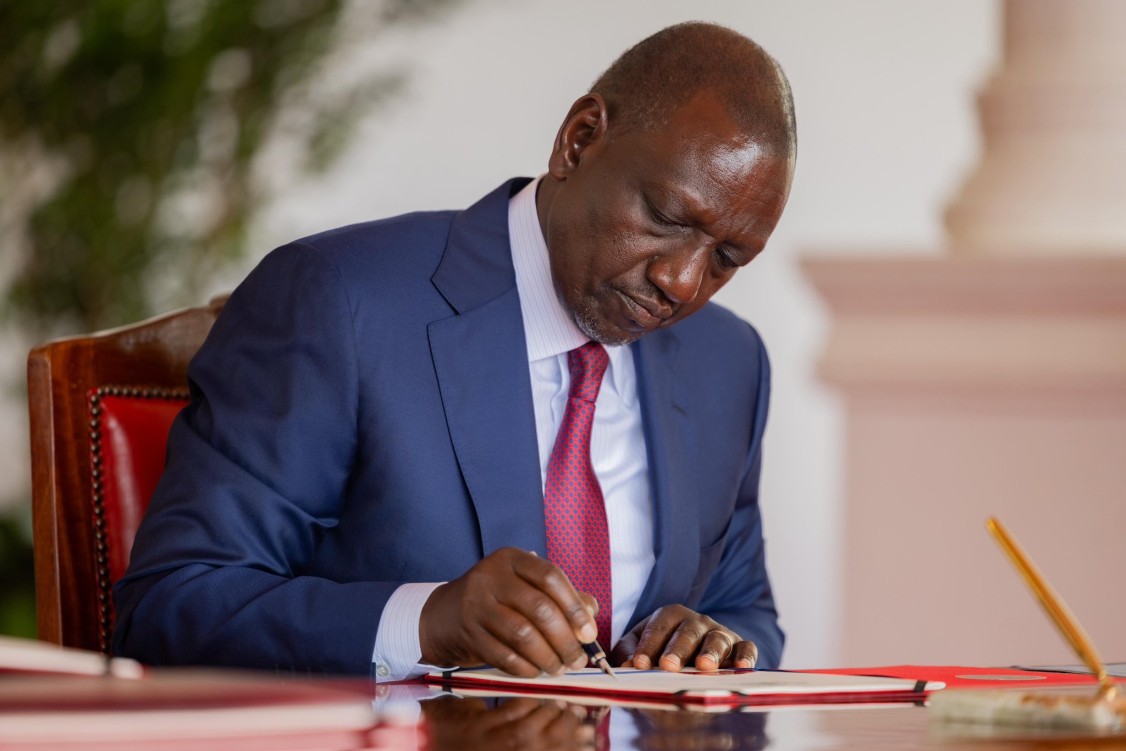Kenya Pipeline Company (KPC) has successfully integrated its SAP system with the Kenya Revenue Authority’s (KRA) Integrated Customs Management System (iCMS).
Energy and Petroleum Cabinet Secretary Opiyo Wandayi noted that the significant development seeks to enhance fuel supply logistics in Kenya and larger East African region.
The key integration is expected to significantly reduce the truck turnaround times at KPC depots by as much as 50 per cent and streamline operations across the fuel supply chain.
Wandayi made the announcement during a high-level oil and gas forum bringing together CEOs of Oil Marketing Companies (OMCs) and leaders from key associations in the industry.
A significant highlight of the new system is the deployment of Smart Gates by KRA, which has been designed to enhance the efficiency in truck processing and cargo movement.
Read More

KRA Commissioner for Customs and Border Control Dr Lilian Nyawanda says the KPC and KRA integrated system to revolutionize fuel supply logistics went live on April 6, 2025.
“It will bring unprecedented efficiency and transparency to our processes seeing as it will enable visibility, predictability and certainty on the flow of the cargo,” said Dr Nyawanda.
She added: “The system will further automate payment of taxes and clearance processes which will in turn optimize the cost of doing business and paying taxes.”
KRA is aligning its operating hours with KPC depots to support more flexible loading schedules with OMCs causing delays set to face penalties for overnight truck stays.
KPC MD Joe Sang revealed that the KPC Port Reitz tank farm’s connectivity to the Kipevu Oil Terminal (KOT) 2, PS 14, and the Nairobi-Mombasa pipeline (Line 5) have been completed.

Sang said five former crude oil tanks were repurposed for storage of Automotive Gas Oil (AGO), while the Port Reitz connectivity project introduced new transfer booster pumps, pipeline infrastructure, and integrated control systems to link KOT 2 directly with berthing vessels.
The KPC boss lamented that Kenya continues to incur significant demurrage costs owing to the inadequate ullage at the Kipevu Oil Storage Facility (KOSF).
“Following the commissioning of the KOT2 jetty in 2021, which has a design capacity of 250,000 MT per day, the need for expanded storage and efficient product evacuation became critical,” stated Sang.
He went on: “It is against this backdrop that we embarked on this project through which we have onboarded an additional 100 Million litres worth of fuel storage into our systems.”

He indicated that the additional storage capacity created is expected to realise a reduction in demurrage costs that would ordinarily be passed onto the end consumer.
“We will also have enhanced operational flexibility and a quick turnaround of vessels discharging fuel products,” he added.
Petroleum Institute of East Africa (PIEA) Chairperson Peter Muringi added that the KPC partnership will ensure a reliable and sustainable fuel supply network across Kenya.
The digital systems and infrastructure improvement integration are significant to boosting transparency, reducing costs, and improving supply chain efficiency in Kenya’s fuel sector.

-1746106057.jpg)
-1750239108.jpg)

-1750280464.jpg)


-1727286472.jpg)
